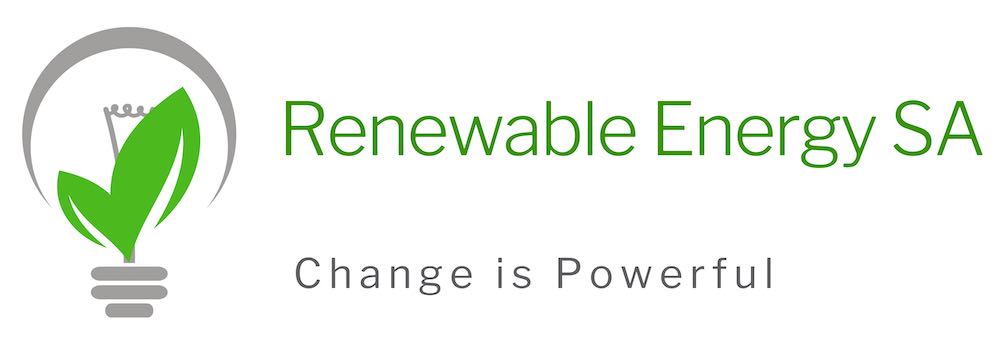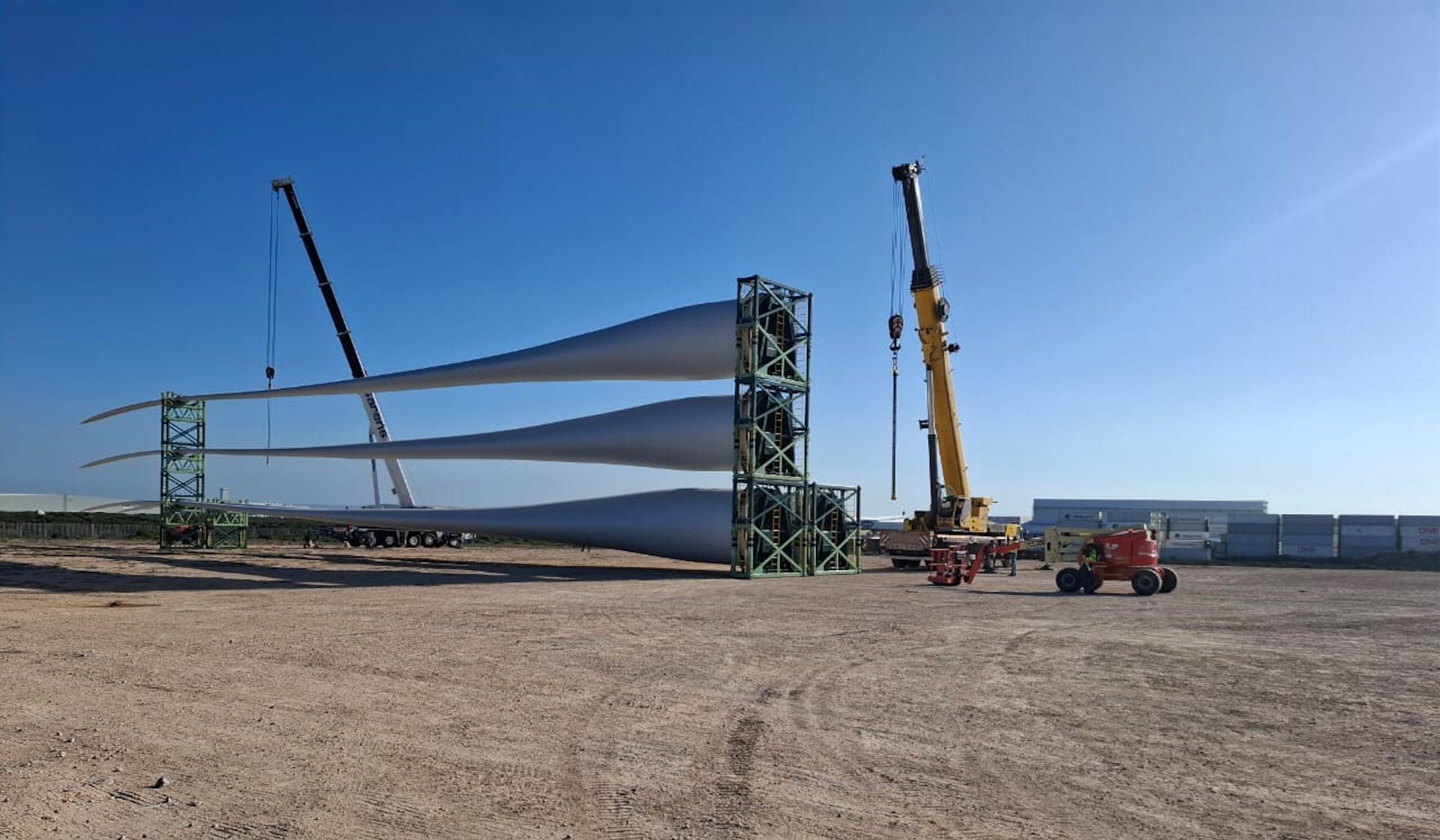The exponential growth of the renewable energy sector that is required to enable the country’s energy security, draws from a fairly constrained pool of STEM skills, hence an agile approach and investment in the field of human resources is needed to face this challenge. This is reflected in BTE Renewables’ latest annual Sustainability Report, demonstrating that the proactive implementation of effective employee strategies, can ensure staff retention, gender equality and build skills to create a thriving talent pool.
Strategies executed include the provision of a hybrid-working environment, and the provision of training and skills upgrades, headed by a company-wide ‘Talent Management Committee’, aimed at supporting career development. This committee comprises different management levels including the CEO, directors, and line managers with the objective of supporting the human resources team with making internal staffing decisions, by taking responsibility for succession planning.
“We believe in growing our people. Talent movement within the organisation, performance enhancement and decision-making and employee wellness initiatives are linked to the responsibilities of this committee to ensure enough budget is allocated to support the employees and reduce the impact of external impediments on work performance,” explained Lerato Nonyane, Human Resources Director at BTE Renewables.
The organisation is committed to employee coaching and mentoring, investing financially to ensure that supervisors and managers are equipped, with the function oftentimes outsourced, all with the objective of encouraging staff to openly receive guidance and advice.
Work flexibility is facilitated by implementing better working connections between employees through the hosting of departmental team building. This includes physical, mental and financial health support through the Employee Wellness Programme, which has proven effective on all fronts as demonstrated in quantitative data.
“Flexibility is very attractive for employees, as it supports working together as a team and collaborating on projects, which is important to us too. Hence, we employ a 60% hybrid approach allowing flexibility with location and hours. We also like to accommodate parents on our team, allowing them to meet their parenting commitments during the work day,” concluded Nonyane.

